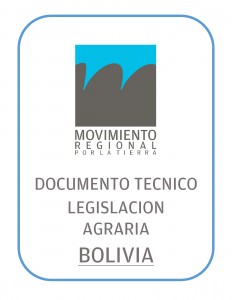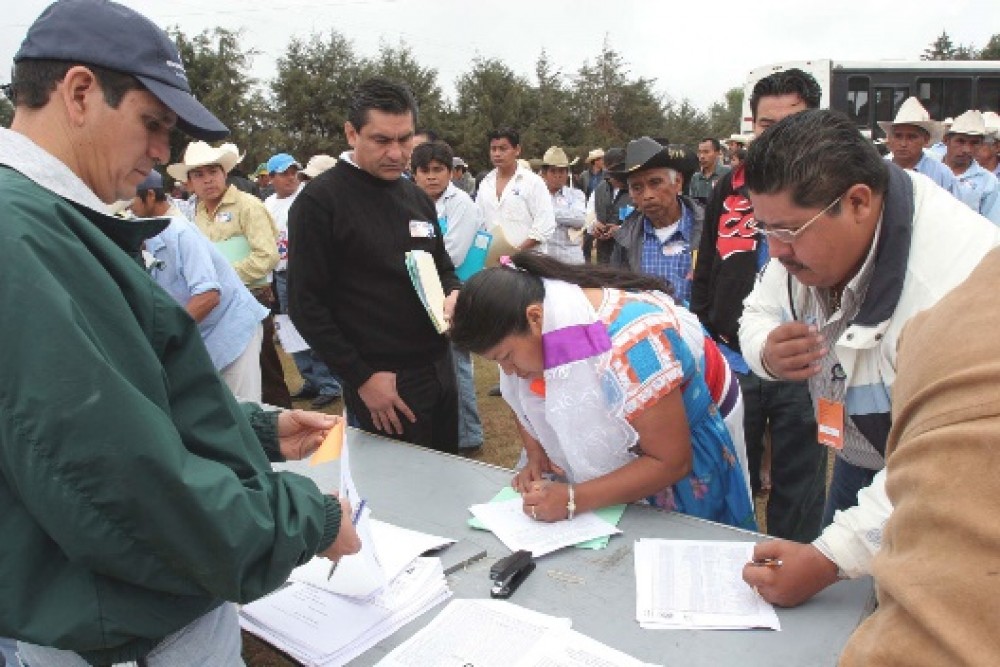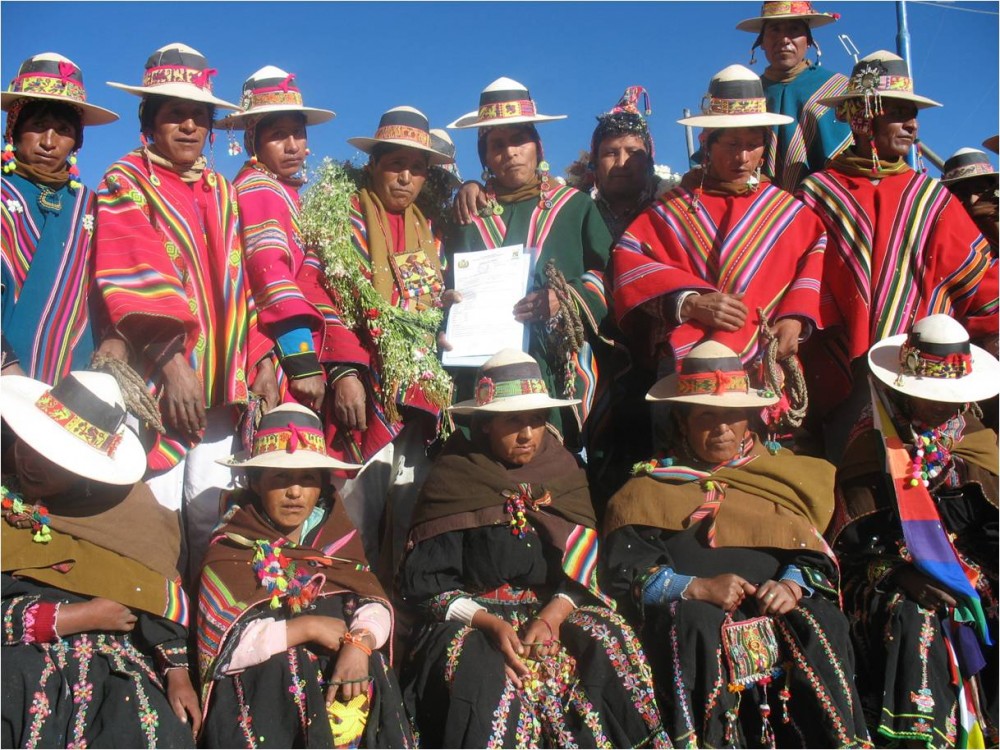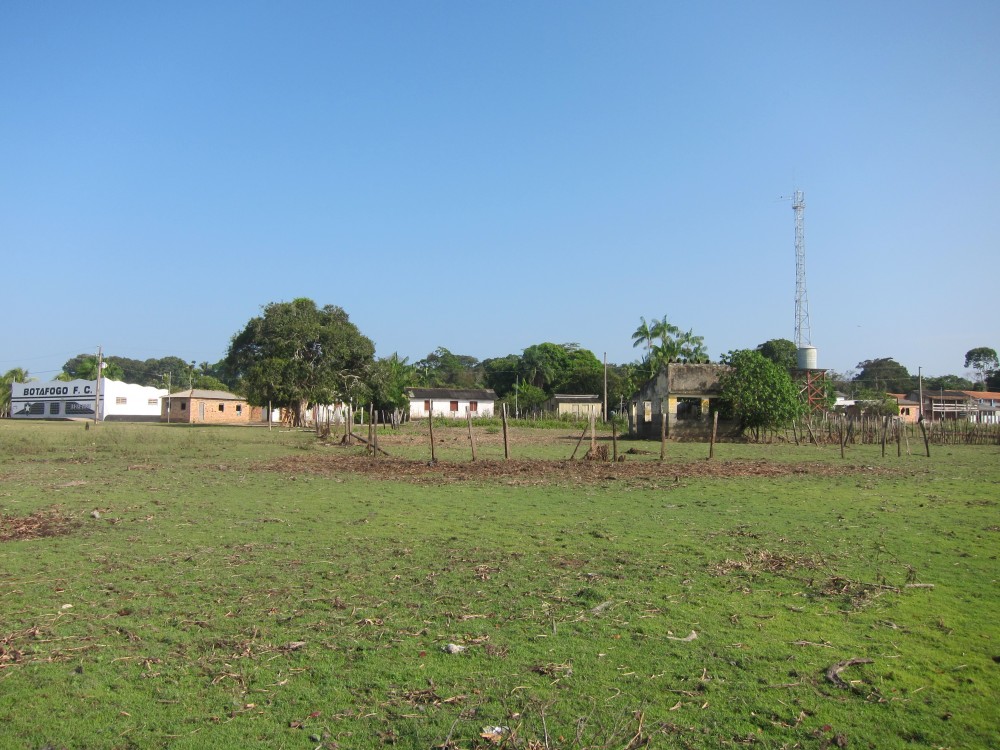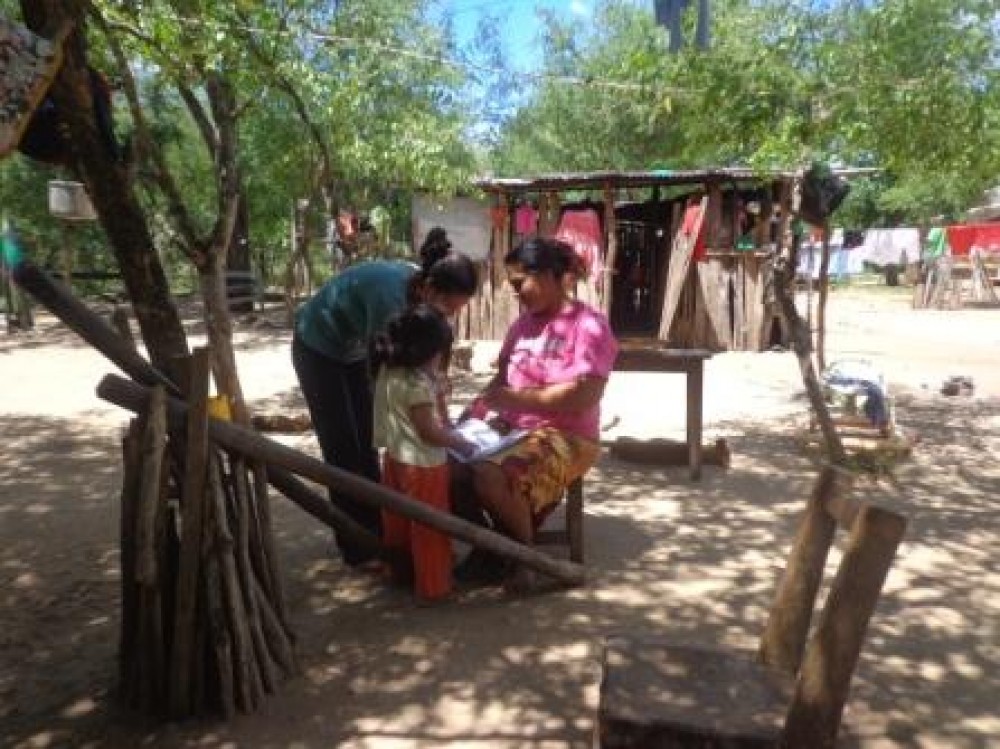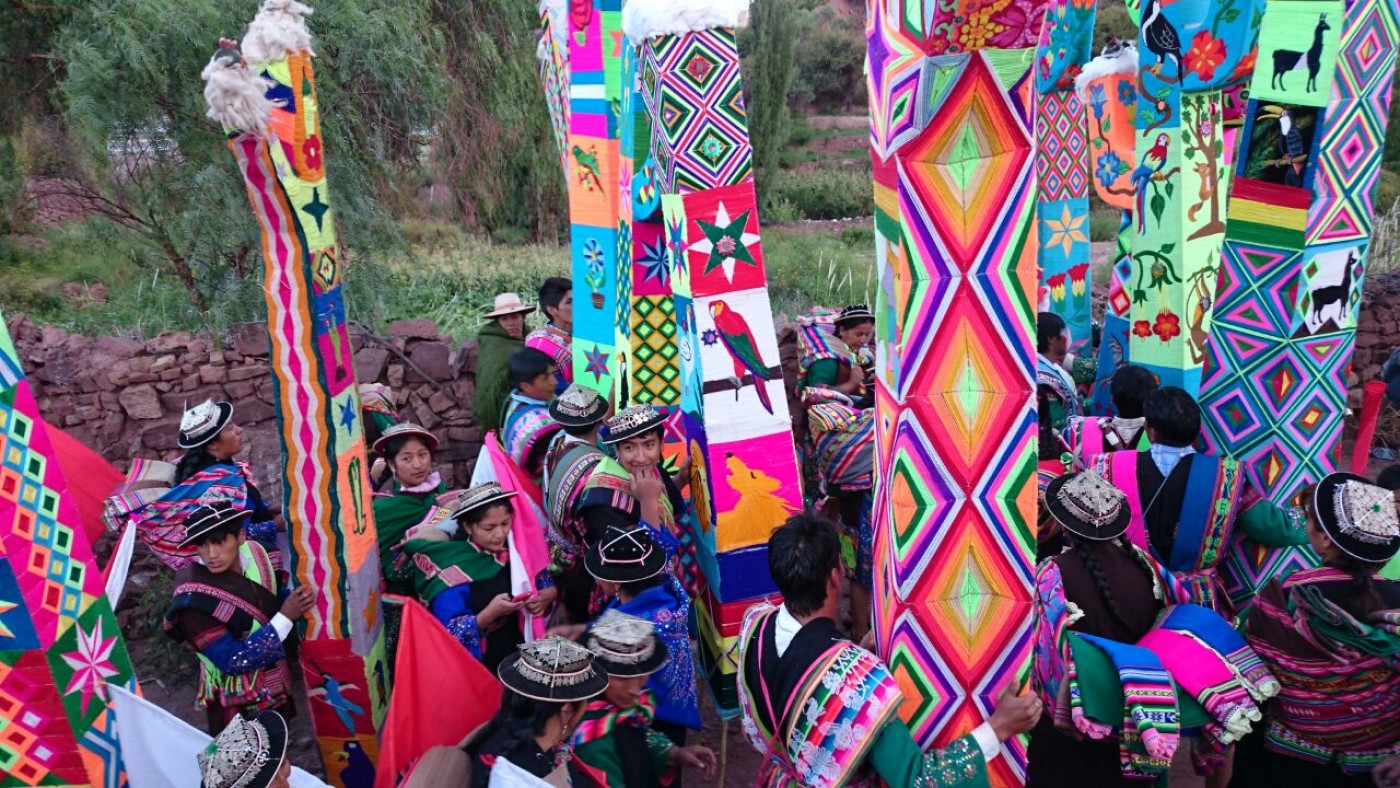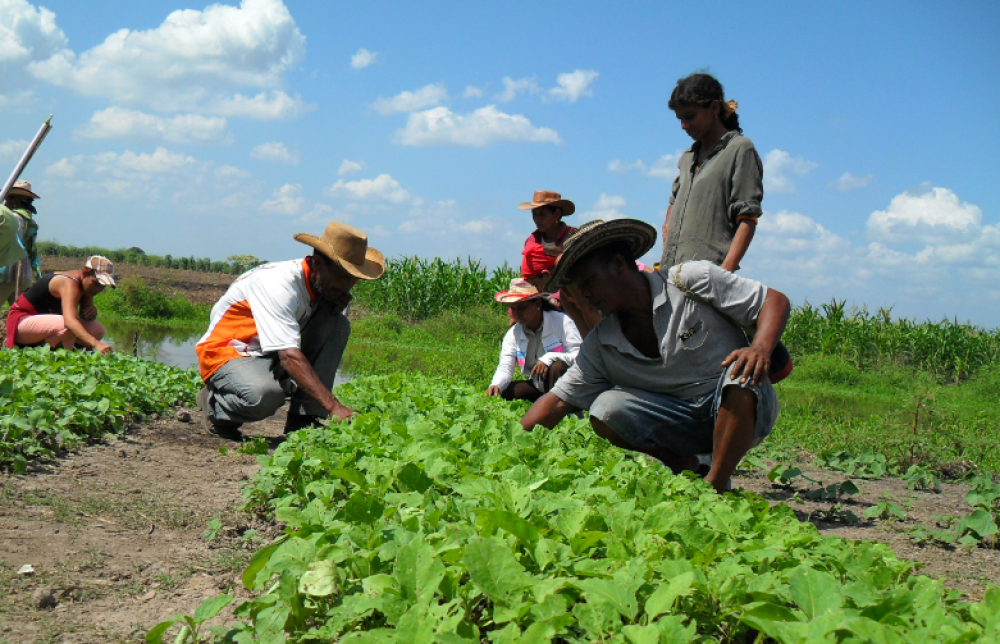Opciones institucionales para la gestión de las tierras de pastoreo
La teoría de Garret Hardin, “la tragedia de los comunes”, usa como ejemplo las tierras de pastoreo para sostener que cuando mucha gente tiene acceso al mismo recurso existe la posibilidad de que las personas sobreexploten el recurso y no inviertan suficientemente en él. Esta teoría ha suscitado un debate sobre la eficacia de la gestión de la propiedad común de los recursos, especialmente en relación con las tierras de pastoreo.


